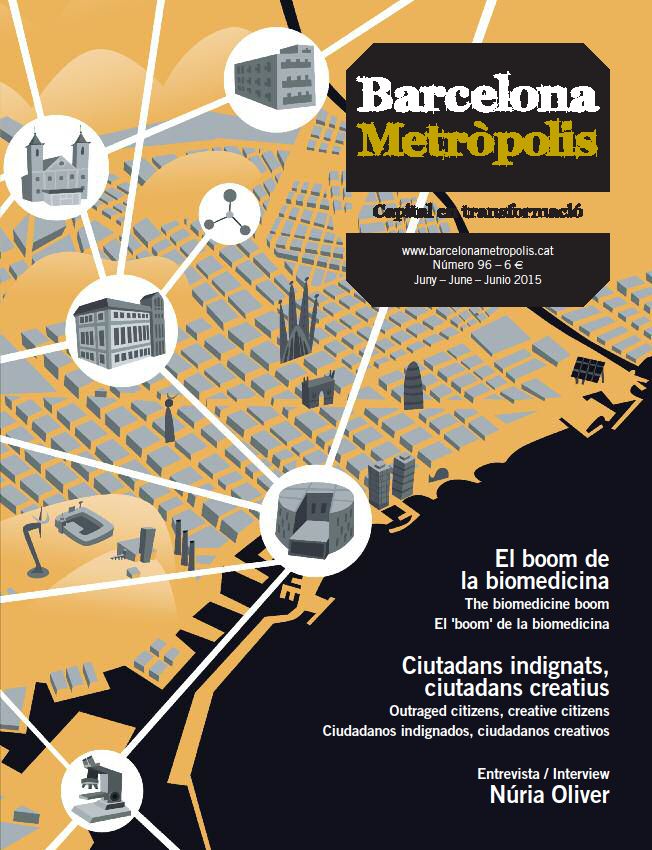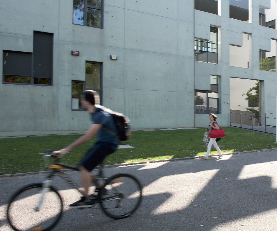The confluence of hospital and university research has combined with the creation of new centres of investigation that have built a new strategic sector for Barcelona, which, sooner or later, will have a real impact both on the economy and the quality of life of its inhabitants.
Innovation and creativity have been two of Barcelona’s most important resources over the past few years. Almost overnight, the city has become a reference in the field of biomedicine, attracting high-level investigative talent. The central dossier in this edition is dedicated to the boom in biomedicine, which has made Barcelona and its metropolitan area into one of the regions of Europe to receive the most funding. The confluence of hospital and university research has combined with the creation of new centres of investigation that have built a new strategic sector for Barcelona, which, sooner or later, will have a real impact both on the economy and the quality of life of its inhabitants.
The rising importance of biomedicine is combined with the liveliness of the ICT sector, especially in the area of mobile phones, which for several years now has revolved around the Mobile World Congress held annually in Barcelona. We’ll talk about this important event with engineer Núria Oliver, the Scientific Director of R&D for Telefónica and worldwide expert in artificial technology. Among other things, in this edition’s interview Oliver will speak to us about how the data we generate when we use our mobiles can be used to understand population movement, and how infectious diseases like Ebola or the flu spread. This is just one example of the alliance between two of our city’s strategic sectors – biomedicine and mobile technology – and the benefits they can bring to our lives.
The debate about what kind of model Barcelona should follow is exciting and will most likely define public life over the next few years. The future of the planet is going to be based on networks of cities, and, as a result, the models that define these new constellations will be crucial. In an ideal world, a city’s economic motor should favour the prosperity and well-being of its inhabitants. When a community’s business model is opposed to positive coexistence or demands too many sacrifices on the part of its citizens, it sparks tensions, unrest, marginalization… a city is happy, on the other hand, when it’s business model goes hand-in-hand with its social model.
Whoever should govern Barcelona in the near future, it’s clear that we can’t just depend on tourism, and that the benefits obtained from this sector should be invested in both social benefits and making our city more competitive in the global market. To assert that Barcelona can only choose one of these options, or that it can’t combine social cohesion with economic growth, would be to create a false and clearly perverse dilemma.
The need to encourage equal opportunities through a well-defined social plan is currently inseparable from the need to diversify our city’s business model. Barcelona’s future shouldn’t have to include the destruction of the city model based on tourism; it should be about regenerating this model and gradually making it more diverse: that means redistributing wealth and working towards equal opportunities for all.
To think that we’re at a crossroads would be an error. To embrace both paths and incorporate them into our route is the only possible option.





